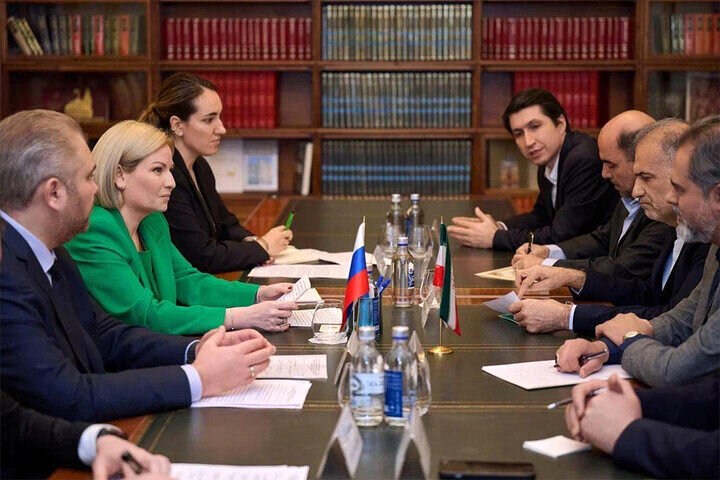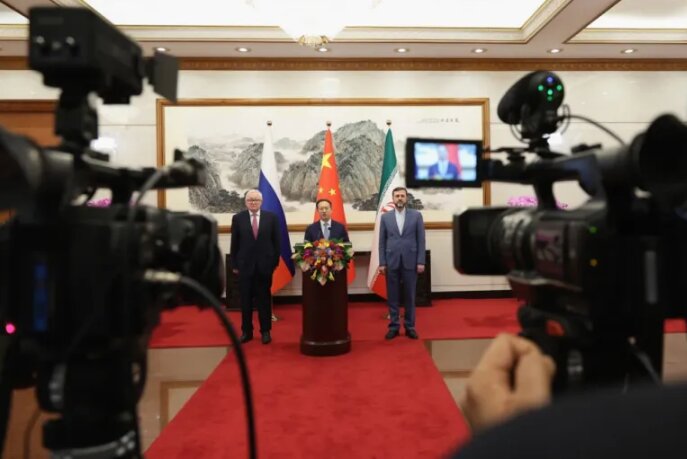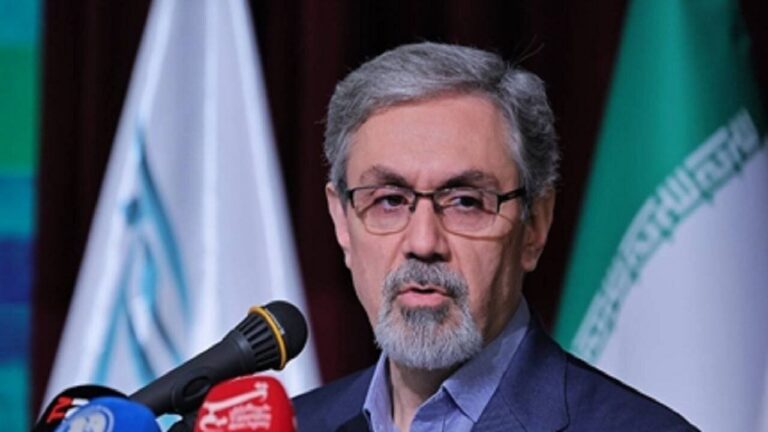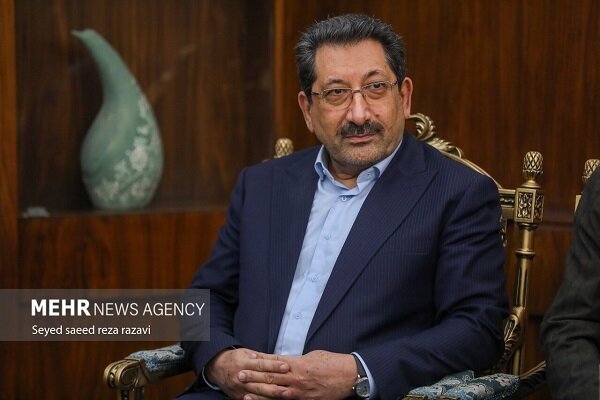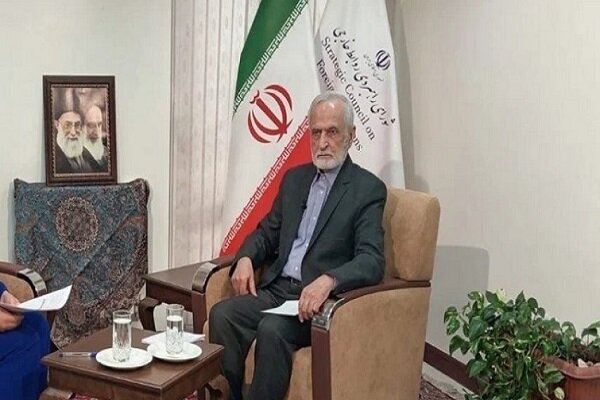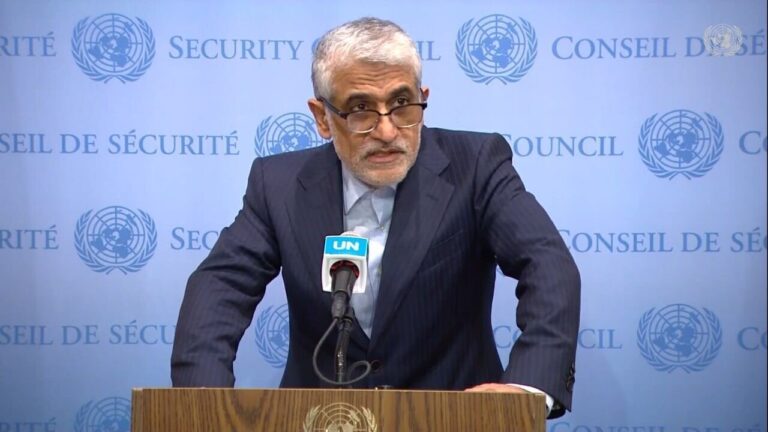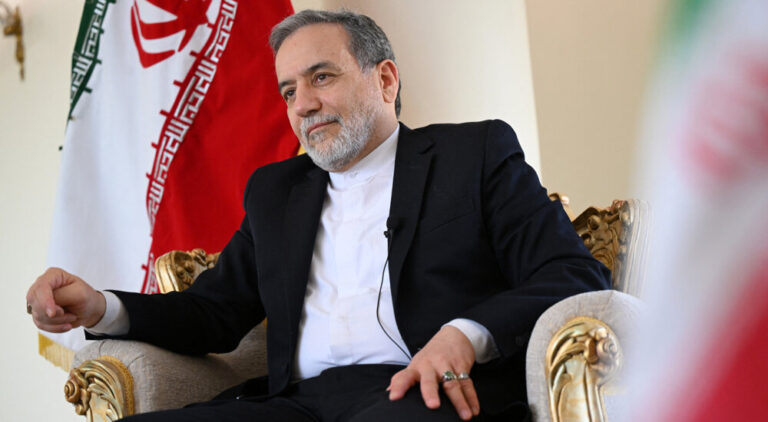Iran and Russia Strengthen Ties: Expanding Cultural and Cinematic Collaboration
On the second day of the Iranian cultural delegation’s visit to Moscow, significant discussions took place that focused on enhancing cultural ties between Iran and Russia. The meeting, which included key figures such as the Russian Minister of Culture, Olga Lyubimova, and the Deputy Minister of Culture and Head of the Iranian Cinema Organization, Raed Faridzadeh, aimed to explore avenues for expanding artistic and cinematic collaboration.
During this crucial meeting, which was reported by Honaronline, Minister Lyubimova expressed her enthusiasm for Faridzadeh’s participation in the Eurasian Film Academy program. She emphasized the long-standing and successful partnership between Iranian and Russian filmmakers, noting:
“Over the past decades, Iranian filmmakers have had a prominent presence at Russian festivals and have won numerous awards.”
Additionally, Minister Lyubimova announced an upcoming event that promises to further enrich cultural exchanges: the Russian Cultural Week in Iran. This event is scheduled for June and will take place in Tehran and Isfahan, where she will lead a Russian cultural delegation.
Key points discussed during the meeting included:
- The revival of the cultural committee under the Iran-Russia Joint Cooperation Committee.
- Iran’s supportive role in the BRICS group.
- An invitation for Iran to participate in the cultural summit in Kazan on May 15 and 16.
Faridzadeh, in his address, conveyed greetings from the Iranian Minister of Culture and highlighted the significant influence of Russian culture and literature on Iranian cinema and theater. He particularly mentioned the adaptations of renowned Russian authors such as Dostoevsky and Chekhov, which serve as symbols of the cultural closeness between the two nations.
Furthermore, Faridzadeh expressed Iran’s commitment to collaborate on establishing a BRICS Film, Media, and Education Union. He proposed that the inaugural meeting for this initiative be held in conjunction with the International Film Festival for Children and Youth in Isfahan.
In a complementary statement, Kazem Jalali, the Ambassador of Iran to Russia, underscored the essential role of cultural relations in strengthening political ties between nations. He referenced the cultural provisions outlined in the 20-year strategic agreement between Iran and Russia. Jalali also proposed the establishment of a Russian cultural center in Iran to further enhance mutual understanding and cooperation.
The discussions between the Iranian and Russian cultural officials exemplify the ongoing commitment to fostering a rich cultural exchange that benefits both countries. As these dialogues continue, the potential for collaborative projects in the arts and cinema stands to flourish, paving the way for deeper connections and shared experiences.
In summary, the meeting between the Iranian cultural delegation and Russian officials marks a significant step forward in enhancing bilateral relations. With initiatives such as the upcoming Russian Cultural Week and proposals for collaborative projects within the BRICS framework, both nations are poised to deepen their cultural ties and explore new avenues for cooperation.
As the Iranian cultural delegation wraps up its visit to Moscow, the anticipation for future collaborations in the fields of film, media, and education continues to grow, setting the stage for a vibrant exchange of ideas and artistic expression between Iran and Russia.
